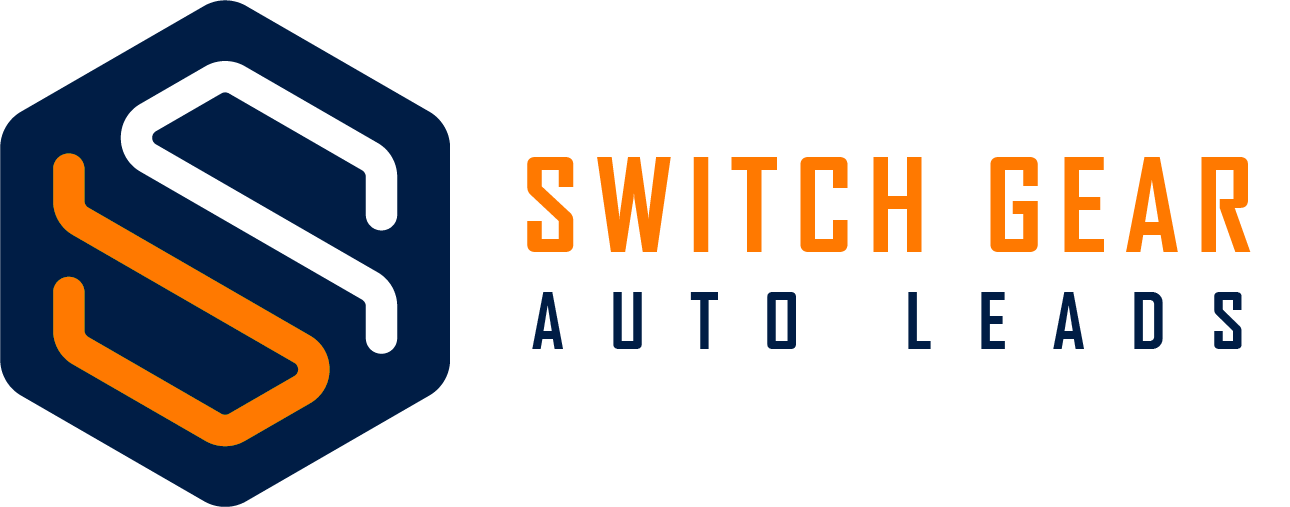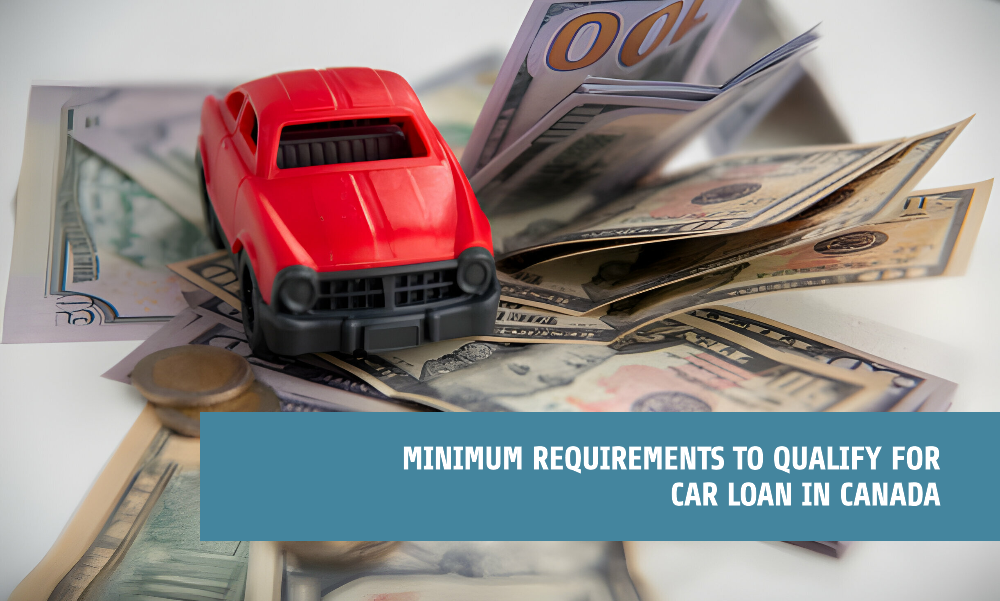
So, you’re considering getting a car in Canada, but you’re not quite sure how to go about securing a car loan, especially if your credit history isn’t good. Don’t worry, you’re not alone. Many Canadians out there have similar questions and concerns, wondering if they can get approved for a loan and how to go through the process, particularly if they’re new to the country.
Well, let’s dive into it together. We’ll walk you through what you need to know about minimum car loan requirements in Canada, breaking it down in simple terms so you can make informed decisions without feeling overwhelmed by the process.
What are the Minimum Requirements for a Car Loan?
Most lenders will consider several key factors before approving you for a loan. Here’s a breakdown of what you can expect:
Essential Requirements:
Age: Be at least 18 or 19 years old, depending on your province or territory.
Identification: Provide government-issued identification, like a driver’s license or passport.
Proof of Residency: Show documentation proving your current address, such as utility bills or bank statements. Income Verification: Submit pay stubs, bank statements, or other documents showcasing your income level. This helps the lender assess your ability to repay the loan. While there’s no set minimum income, lenders often look for individuals with a monthly income between $2,200 and above before taxes.
Credit Check: Most lenders will perform a credit check to assess your creditworthiness and history. While there’s no minimum credit score, a higher score (generally above 650) typically translates to better loan terms and lower interest rates.
Car Insurance: You’ll need proof of valid car insurance before finalizing the loan. If you have an existing vehicle.
What is the Minimum Income Needed for a Car Loan in Canada?

Most lenders typically look for borrowers with a monthly income between $2,200 and above before taxes and deductions. However, it’s important to remember that this is just a general guideline, and individual lenders may have their own specific requirements.
Rev up Your Drive with Exclusive Car Deals from Switch Gear Auto. Our team will connect you with the best car deals in your area. If you are looking for a 0% down payment with bad credit. We will help you shop around the different lenders and dealerships.
What is the Minimum Credit Score Required For a Car Loan?
When you apply for a car loan, lenders will take a close look at your credit history. This is essentially a record of how well you’ve managed to repay debts in the past, such as credit card bills and loans. It’s often summarized in what’s known as a credit score, a three-digit number that provides a snapshot of your debt amount and how long you’ve been managing credit.
The higher your credit score, the better it shows lenders that you’re consistent in paying off your debts, which makes you a more attractive candidate for a loan. Here’s how the scoring system generally works:
Excellent Credit (above 760): Qualifies for the best rates and terms.
Good Credit (660-759): Secures favorable rates and terms.
Fair Credit (620-659): May qualify for a loan but might face slightly higher rates.
Poor Credit (Below 620): Securing a loan becomes more challenging, and interest rates are likely to be significantly higher.
Is It Possible to Get a Car Loan Without a Credit History?
Yes, getting a car loan without a credit history in Canada is possible, but it generally comes with several challenges and limitations:
Challenges and Limitations:
Limited options: Traditional lenders heavily rely on credit history to assess your ability to repay the loan. Without it, they might be hesitant to approve your application or offer less favorable terms.
Higher interest rates: If approved, you’ll likely face significantly higher interest rates compared to individuals with established credit, increasing the total loan cost.
Stricter requirements: Many Lenders might require a larger down payment or a co-signer with good credit to mitigate the risk associated with your lack of credit history.
What are the Documents Required for a Car Loan in Canada?

While specific requirements may vary slightly between lenders in Canada, here are the typical documents you’ll likely need when applying for a car loan:
Proof of Identity:
Government-issued photo ID: This is typically your driver’s license or passport.
Proof of Residency:
Utility bills (e.g., electricity, water, gas): These should show your current address and be recent (within the past few months).
Bank statements: These can also serve as proof of residency and income verification (see below).
Proof of Income and Employment:
Pay stubs: Provide copies of your most recent pay stubs (typically the last 2-3 months) to demonstrate your income level.
Employment letter: This document from your employer confirms your employment status, salary, and date of hire.
Tax returns (optional): Some lenders might request recent tax returns for a more comprehensive picture of your financial situation.
Vehicle Information (if applicable):
Vehicle Identification Number (VIN): This unique identifier helps the lender track the vehicle.
Vehicle registration (if buying a used car): This shows ownership and any outstanding liens on the vehicle.
Additional Documents (depending on your situation):
Down payment proof: If you’re making a down payment, provide documentation like bank statements, money order receipts, or proof of selling another vehicle.
Proof of car insurance: Lenders typically require proof of valid car insurance before finalizing the loan. Co-signer information (if applicable): If you have a co-signer, they will need to provide most of the same documents listed above.
What if I don’t Qualify for the Monthly Income Requirements?
If you’re finding it tough to get your loan application approved, remember to mention any government assistance you receive, like ODSP, AISH, etc., in your application. This counts as income and can help you reach the minimum income requirement needed for approval. Also, you can go for the other options.
Alternatives if you don’t meet MNI (Meeting Necessary Income):
Increase down payment: A larger down payment lowers the loan amount and monthly payments, making it more manageable even with lower income.
Co-signer: Enlist a co-signer with good credit and sufficient income to strengthen your application.
Alternative financing: Consider lenders and dealerships such as Switch Gear Auto that can help you with bad credit car loans. Apply for the pre-approval so you know exactly how much financing you can get before start shopping.

